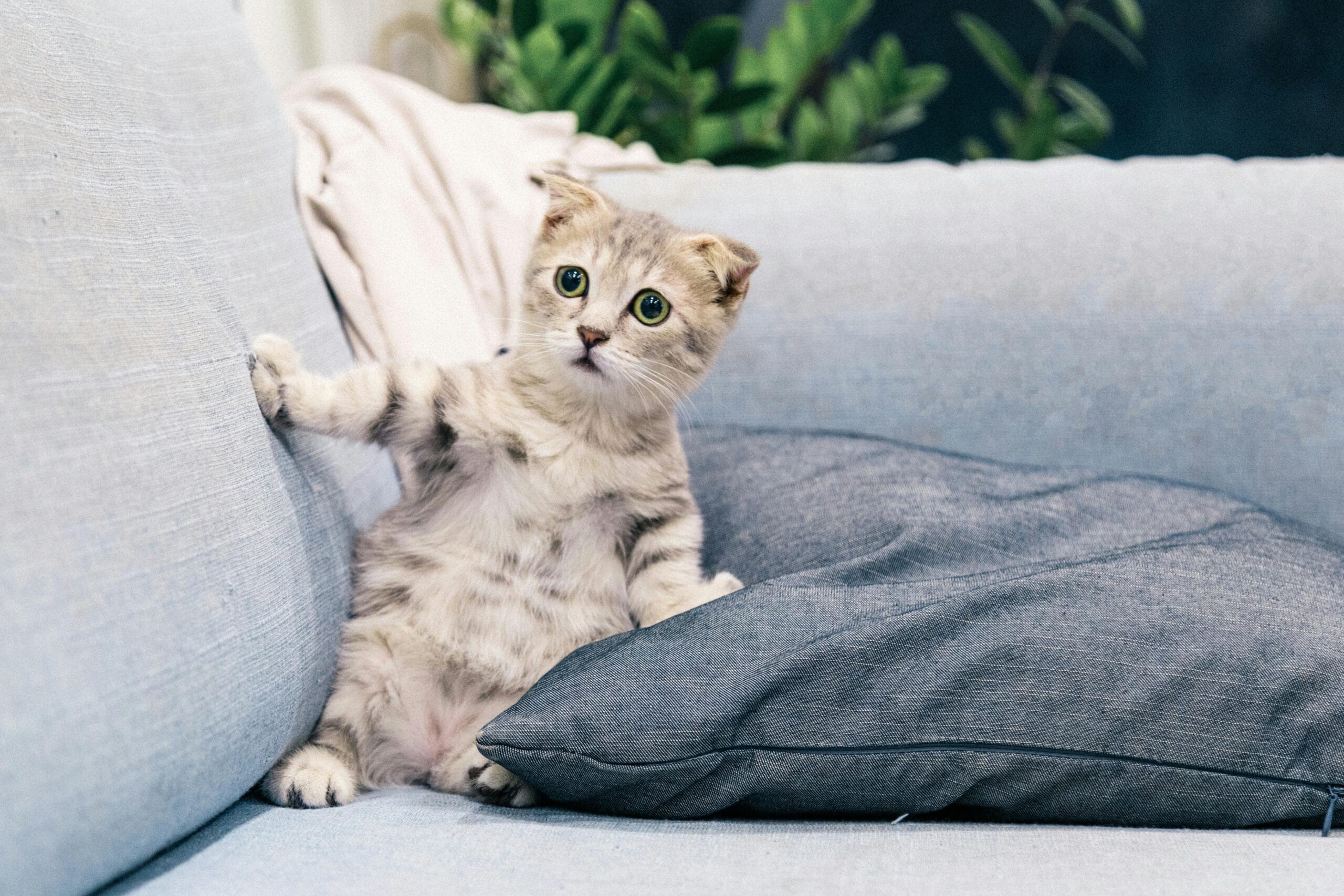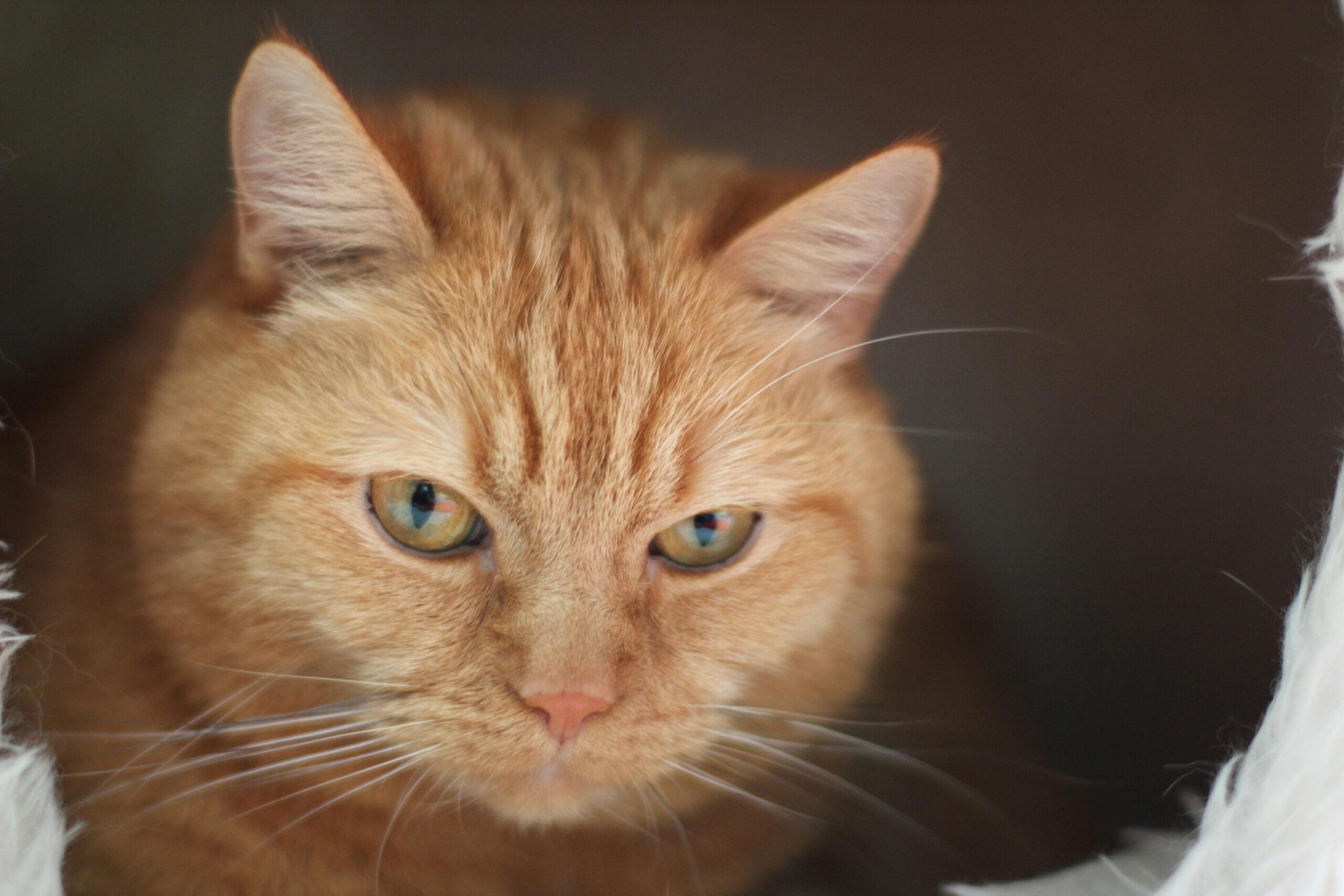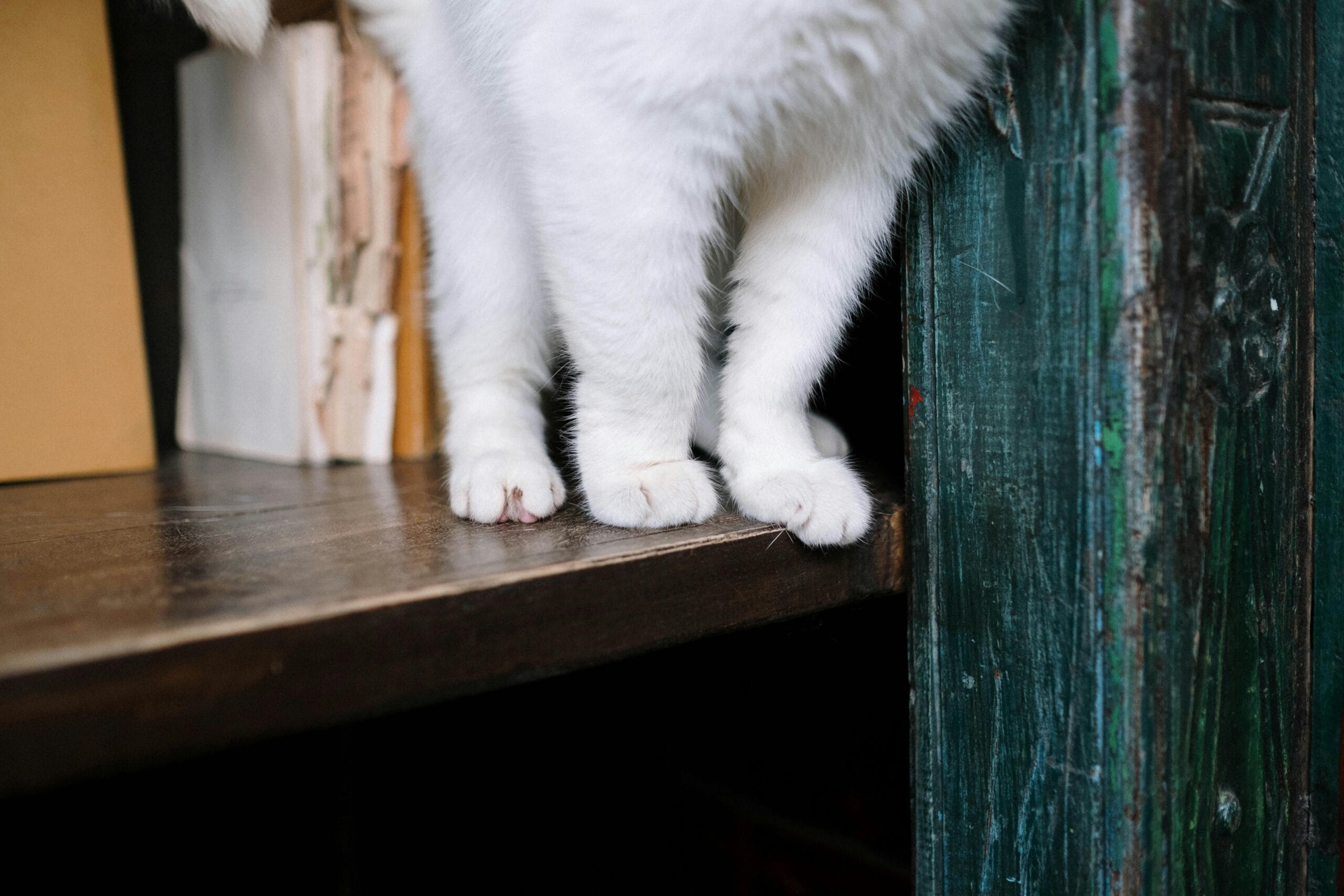Why Do Cats Rub Against You ?

Why do cats rub against you? Unlock the mystery of cat rubbing behavior & why do cats headbutt? Learn the surprising reasons behind this adorable feline affection. Discover the secrets now!
Why Do Cats Rub Against You? Understanding Feline Affection
Have you ever been greeted by your feline companion with a vigorous rub against your legs, a gentle headbutt, or a delightful shoulder massage? This seemingly simple act is actually a complex behavior with multiple layers of meaning. Understanding **why do cats rub against you** is key to strengthening your bond with your furry friend and appreciating the nuances of their communication. This article delves deep into the fascinating world of **cat rubbing behavior**, exploring the reasons behind this common feline affection, including the often-confused action of **why do cats headbutt**.
Scent Marking: The Primary Reason Behind Cat Rubbing Behavior
The most significant reason cats rub against you, furniture, or other objects is scent marking. Cats possess scent glands located on their cheeks, forehead, and chin. When they rub against you, they’re transferring their scent to you, essentially claiming you as part of their territory and social group. This is a form of visual and olfactory communication. Think of it as their way of saying, “You’re mine, and you smell like me!” This scent marking is not aggressive; it’s a way of creating a comforting and familiar scent around their environment.
The scent they deposit is unique to them and helps to establish their presence and identity. This is why you might notice your cat rubbing against your furniture frequently; they’re reinforcing their claim to their home territory. This process is different than scratching, which serves a different function entirely. Scratching is primarily for claw maintenance and territorial marking, though it can also carry scent.
Beyond Scent: The Social Significance of Why Do Cats Rub Against You
While scent marking is the primary reason, the act of rubbing also holds significant social meaning. The head-to-tail rubbing often seen among cats (and sometimes initiated by you towards your cat) strengthens bonds. Similarly, **why do cats headbutt** – often a part of the broader rubbing behavior – further solidifies their connection with you. It signifies trust, affection, and a sense of belonging. Your cat is essentially saying “I love you, and I feel safe with you.” This is especially true if your cat initiates this behavior, rather than you initiating a pet.
The intensity and frequency of the rubbing can vary depending on your cat’s personality and your relationship. A more confident cat might rub forcefully, while a shy cat may rub gently and subtly. Observing these subtle nuances can provide valuable insight into your cat’s emotional state and their comfort level with you. Regular, enthusiastic rubbing typically points towards a strong and happy bond.
Why Do Cats Headbutt? A Deeper Dive into the Greeting Ritual
Often intertwined with rubbing, **why do cats headbutt** is a question frequently asked by cat owners. Headbutting, also known as bunting, is a more direct form of scent marking. Cats use the scent glands on their foreheads to deposit their scent on you. It’s a focused way of showing affection and solidifying their relationship with you. This is a clear indication of trust and comfort, demonstrating a strong bond and acceptance of you within their social circle. Similar to rubbing, the intensity and frequency can vary.
The act of headbutting is often accompanied by slow blinks, another crucial element of feline communication that shows trust and affection. If your cat headbutts you and then slowly blinks at you, it’s a clear sign of their love and contentment. Learning to read these subtle cues is essential to understanding your cat’s emotions and building a stronger bond with them.
Differentiating Rubbing from Other Behaviors
It’s crucial to differentiate rubbing from other feline behaviors that might appear similar but carry different meanings. For example, kneading is a behavior stemming from kittenhood, where kittens knead their mothers’ bodies to stimulate milk flow. While adults still knead, it’s usually a sign of contentment and affection. However, unlike rubbing, kneading doesn’t primarily involve scent marking.
Another behavior to distinguish is scratching. As mentioned earlier, scratching serves a different function – primarily maintaining claws and leaving territorial scent marks, often with visual cues included by marking on surfaces. While there may be some scent marking overlap, scratching shouldn’t be confused with the affectionate rubbing and headbutting.
Understanding Your Cat’s Individual Preferences: Why Do Cats Rub Against You Differently?
It’s important to remember that every cat is an individual, and their display of affection and their response to **why do cats rub against you** will vary. Some cats are more affectionate than others, and their expressions of love will differ accordingly. A shy cat might offer subtle rubs, while a confident cat might enthusiastically rub against your legs for an extended period. Understanding your cat’s personality is vital for interpreting their behaviors correctly.
You might also notice that your cat shows preferences toward certain people over others. This is completely normal, and it may reflect the strength of the bond they’ve formed with particular individuals. The more comfortable your cat is with you, the more likely they are to express affection through rubbing and headbutting. For more information on feline communication, you might find it useful to read this article from the ASPCA.
Encouraging Cat Rubbing Behavior
While you can’t force your cat to rub against you, you can create an environment conducive to it. Spend quality time with your cat, engage in play, and offer gentle petting and affection. Create a relaxed and comfortable environment for your cat, where they feel safe and secure. A cat that feels safe and loved is more likely to express affection through rubbing.
Using catnip or catnip toys can also enhance the likelihood of playful rubbing and affection. However, remember that not all cats respond to catnip; some might show no reaction, while some might become more energetic and playful. Observe your cat’s reaction to catnip before using it liberally. Further, if you’re considering behavior modification, we recommend learning more from experts like Cornell Feline Health Center who offer evidence-based advice.
The Importance of Positive Reinforcement
When your cat rubs against you, reward the behavior with gentle petting, a soft word, or a small treat. Positive reinforcement helps strengthen the association between rubbing and positive experiences, making your cat more likely to repeat the behavior. Avoid punishing your cat for rubbing, as this will only damage your bond and make them less likely to show affection in the future. Remember, consistency and patience are key.
In conclusion, understanding **why do cats rub against you** provides valuable insight into their communication and strengthens the human-animal bond. It’s a complex behavior rooted in scent marking, social bonding, and the expression of affection. By recognizing the nuances of **cat rubbing behavior**, including the related question of **why do cats headbutt**, you can deepen your understanding and appreciation of your feline companion and cultivate a more meaningful relationship.
For additional resources on cat behavior, consult the University of Pennsylvania’s Feline Referral Service, where you can find a wealth of information on feline health and behaviour.
Tell Us Your Story!
We’d love to hear about your experiences with your cat’s rubbing behavior! Share your stories and insights in the comments below. What are some unique ways your cat shows affection? How has understanding cat rubbing behavior helped strengthen your bond? Let’s discuss! #CatRubbing #FelineAffection #CatHeadbutts #CatBehavior

10 FAQs: Why Do Cats Rub Against You?
1. Why do cats rub against my legs?
Cats rub against your legs, or any object they like, primarily to mark their territory with scent. They have scent glands in their cheeks, forehead, and tail. This Cat Rubbing Behavior is a way of saying “this is mine, and this belongs to my human!” It’s a sign of affection and bonding.
2. Why do cats headbutt me? Is this related to why they rub?
Yes, Why Do Cats Headbutt is closely related to rubbing. The Cat Rubbing Behavior also includes headbutting, or “bunting,” as it’s sometimes called. This action deposits scent from their facial glands, reinforcing the marking of you as part of their territory and social group. It’s a deeper form of affection than just a simple rub.
3. Does it mean my cat loves me if it rubs against me?
Yes, rubbing and headbutting are strong indicators of affection. While a cat might rub against objects it simply tolerates, rubbing against you specifically shows that it feels comfortable, safe, and trusts you. It’s a clear sign that your cat sees you as part of its family.
4. My cat rubs against everything; does this still mean the same thing?
While rubbing generally indicates marking territory, a cat rubbing everything might signify a stronger need to mark its environment. This could be stress-related, or just a particularly territorial cat. If this behavior is excessive, consider consulting a vet to rule out any underlying issues.
5. Why does my cat rub against other cats? Is this different from Why Do Cats Rub Against You?
Cats rub against other cats for similar reasons: scent marking, establishing social hierarchy, and bonding. However, the dynamics are different. It can signal dominance, affection within the group, or simply a greeting. The context is key in understanding their interactions.
6. Why Do Cats Rub Against You when they’re scared?
A scared cat might rub against you for comfort and security. It’s trying to associate itself with a perceived source of safety within their surroundings, using scent-marking as a way to feel more secure.
7. My cat only rubs against certain people. Why is that?
Cats are selective in their affection. They will primarily rub against individuals they feel most comfortable and safe with. This often reflects a stronger bond with those people.
8. What if my cat doesn’t rub against me? Does it mean they don’t like me?
Not necessarily. Some cats are less affectionate than others, exhibiting their love in different ways. Lack of rubbing doesn’t automatically equate to dislike. Pay attention to other signs of affection, such as purring, slow blinks, or gentle kneading.
9. How can I encourage my cat to rub against me more?
Make yourself a safe and comforting presence. Spend quality time with your cat, offering gentle petting and engaging in activities they enjoy. A consistent, positive interaction will usually foster a stronger bond and increase the likelihood of rubbing behavior.
10. Is there anything wrong if my cat suddenly stops rubbing against me?
A sudden change in a cat’s behavior, including stopping the Cat Rubbing Behavior, can warrant attention. It might be a sign of illness, stress, or a change in their environment. If you’re concerned, consult your veterinarian to rule out any underlying medical or behavioral issues.

Why Do Cats Rub Against You? Practical Tips and Health Considerations
Cats rubbing against you is a common behavior with multiple interpretations, ranging from affection to marking territory. Understanding the nuances can strengthen your bond and address potential health concerns.
Reasons for Rubbing
Scent Marking: Cats have scent glands on their cheeks, forehead, and tail. Rubbing spreads their scent, marking you as part of their territory and social group. This is a sign of trust and acceptance.
Affection and Bonding: Rubbing is a way cats show affection and strengthen their bond with you. It’s their way of saying “I love you” and feeling secure in your presence.
Attention Seeking: Sometimes, rubbing is simply a way to get your attention. If your cat is rubbing against you persistently, they may want to play, be fed, or simply be petted.
Health Considerations
While generally a positive sign, excessive rubbing or changes in rubbing behavior can indicate underlying health problems. Consult a veterinarian if you notice:
- Increased rubbing: A sudden increase in frequency or intensity could suggest skin irritation, allergies, or parasites.
- Rubbing specific areas: Focusing on one area might point to localized pain or discomfort.
- Changes in behavior: Lethargy, loss of appetite, or other behavioral changes alongside increased rubbing warrants veterinary attention.
- Skin issues: Look for redness, inflammation, scabs, or hair loss.
Practical Tips
- Respond positively: When your cat rubs against you, offer gentle petting and positive reinforcement. This strengthens the bond.
- Observe your cat: Pay attention to the context and frequency of rubbing to understand its meaning.
- Maintain good hygiene: Regularly grooming your cat helps prevent skin issues that could lead to increased rubbing.
- Provide enrichment: A stimulating environment with plenty of toys and scratching posts can reduce stress and unwanted behaviors.
- Regular vet checkups: Preventative care helps detect and treat potential health issues early.
Understanding your cat’s behavior is crucial for a happy and healthy relationship. By paying attention to the subtleties of their actions and seeking veterinary advice when necessary, you can ensure your feline friend thrives.
Keywords: cat behavior, cat rubbing, feline behavior, cat health, pet health, cat communication, scent marking, affection, veterinary care